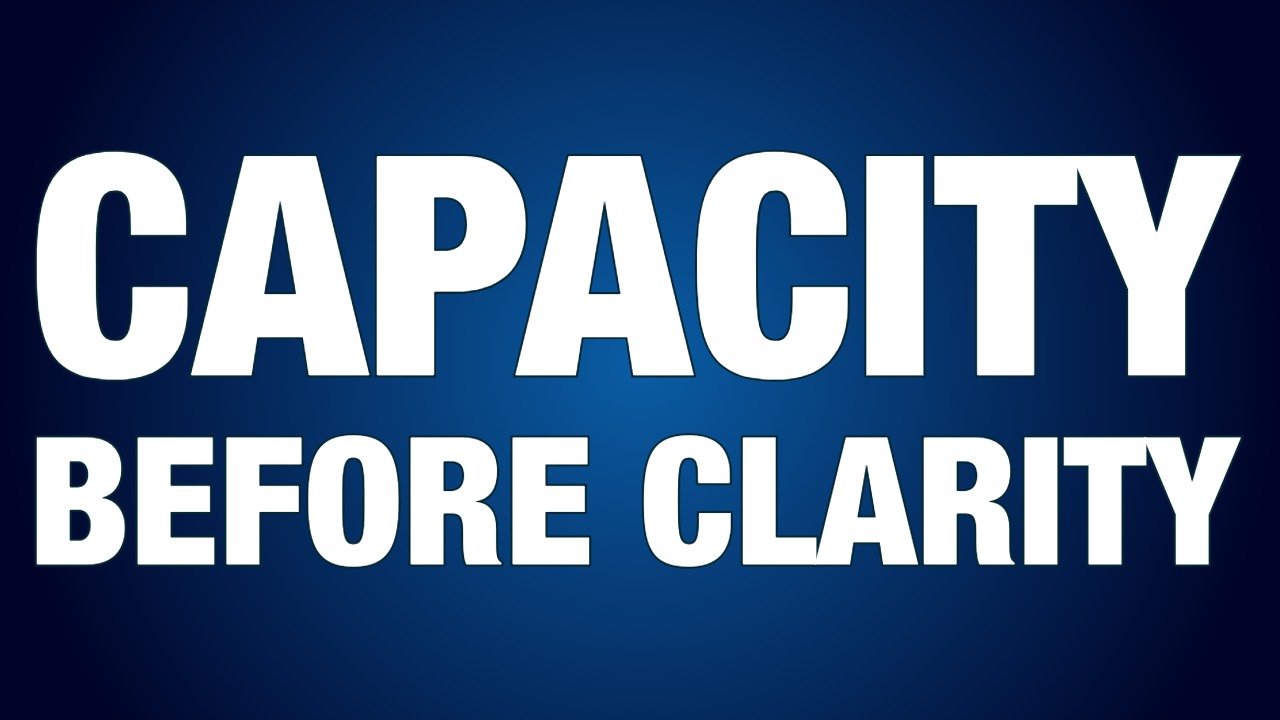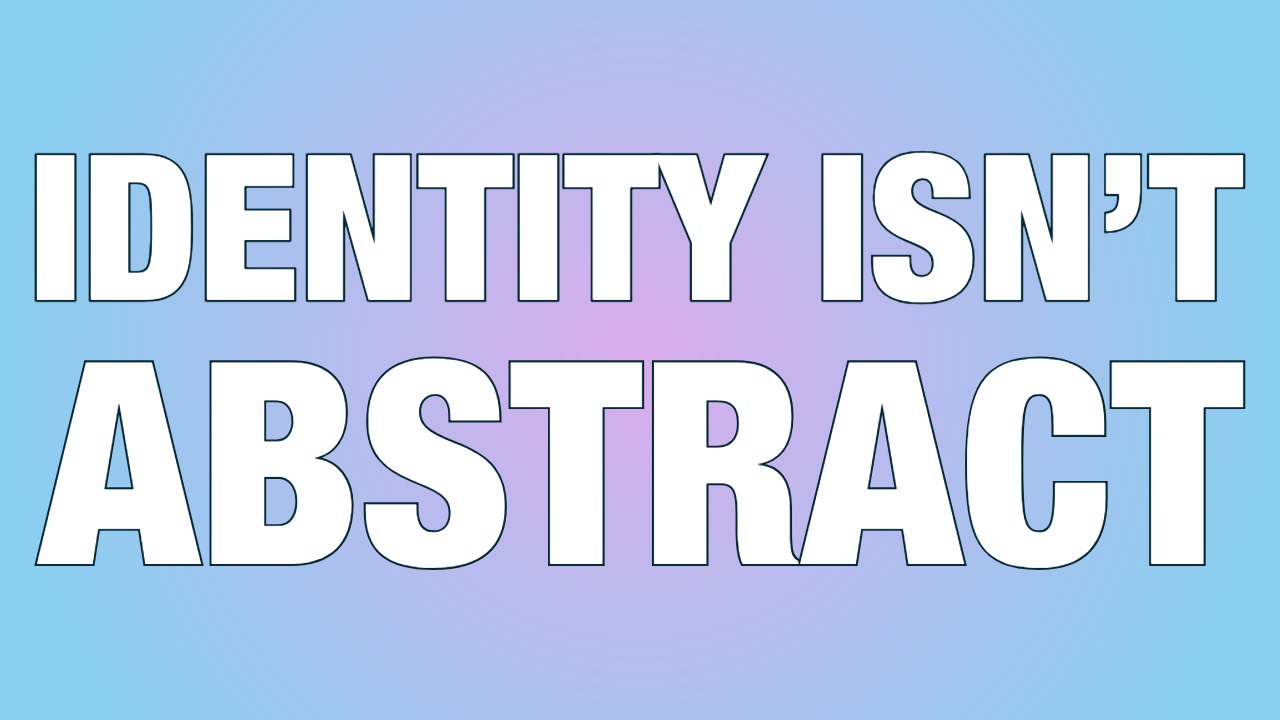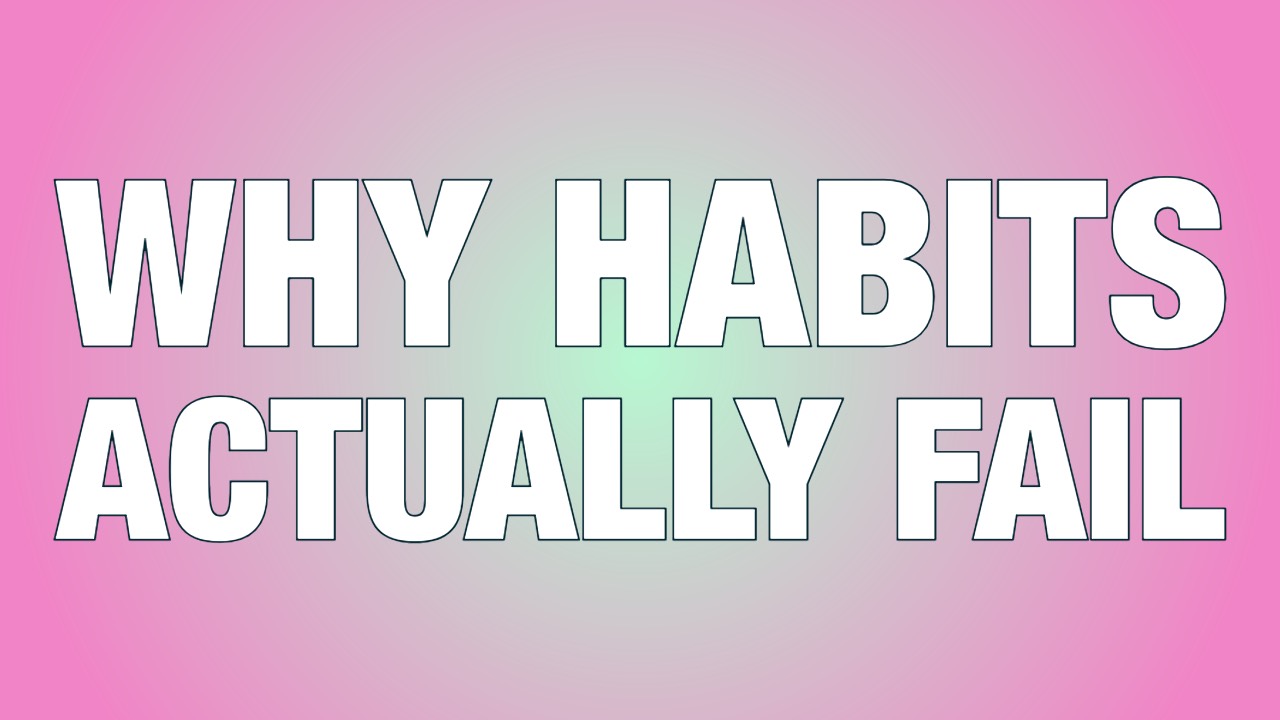Optimization & Refinement: How to Evolve Without Burning Out
Growth isn’t a finish line. It’s a rhythm — reflection, refinement, and renewal on repeat.
We love the idea of transformation — the before-and-after photo, the dramatic arc, the movie montage. But nobody talks about what comes after the after.
What happens when you’ve hit the milestone, lost the weight, got the promotion, healed the heartbreak… and yet you still feel like there’s another layer waiting to unfold?
That’s where the real work begins — not in chasing the next high, but in learning how to sustain the growth you’ve already earned.
Welcome to the quiet, unsexy art of Optimization and Refinement — the place where progress becomes permanent, and success becomes stable.
The Myth of Arrival
Every self-improvement junkie eventually hits a wall called arrival. It’s that intoxicating illusion that says: “Once I hit X, I’ll finally be good.”
But here’s the truth no one prints on Instagram quote cards: there is no arriving. There’s just evolving.
You don’t “complete” growth — you calibrate it. You adjust, refine, and realign as your values shift and your life expands.
Because growth isn’t a ladder. It’s a spiral. You keep revisiting the same lessons from new altitudes, seeing deeper layers of the same truth.
Reflection: Turning Experience Into Data
If you want to stay in motion without losing your center, you need reflection — not as nostalgia, but as navigation.
Reflection is the pause that turns chaos into clarity. It’s the act of sitting in the aftermath of effort and asking, “What did this teach me?”
Most people barrel through their achievements like a drunk driver through a red light — on to the next thing, zero integration. Then they wonder why their progress never sticks.
Psychologist David Kolb called reflection the engine of learning. Without it, you’re just collecting experiences with no map. But when you stop to celebrate and process — you convert experience into data, and data into direction.
Reflection turns experience into data. Celebration turns data into drive.
So don’t just tick boxes. Revisit them. Relive them. Let yourself feel the miracle of what you’ve built, even if it’s imperfect. That’s the only way you’ll know how to build better next time.
When Growth Outgrows You
Here’s a secret most productivity gurus won’t tell you: sometimes, your goals stop fitting.
That thing you swore you wanted six months ago? It might not matter anymore — not because you failed, but because you evolved.
This is where most people start spiraling. They confuse misalignment for laziness. They call it “burnout” or “lack of motivation,” when really, it’s a quiet nudge from the psyche saying, “This no longer fits.”
The bravest move you can make isn’t doubling down. It’s recalibrating.
Your goals are not sacred. They’re scaffolding. They’re meant to evolve as you do.
Refinement isn’t quitting — it’s intelligent adaptation.
Optimize the System, Not the Self
We’ve been sold a myth that success is about discipline — the grind, the grit, the #NoDaysOff mentality.
But the truth? Discipline is overrated. Systems are underrated.
If your growth feels inconsistent, it’s probably not a motivation problem. It’s a systems problem.
Bad systems force you to rely on willpower. Good systems make the right action the easiest action.
It’s not about working harder; it’s about removing friction. Automate what can be automated. Simplify what’s overcomplicated. Build structures that protect your energy instead of draining it.
Because burnout isn’t a badge of honor — it’s a systems error.
The Future You Is a Moving Target
You’ve probably met your “Future Self” before — that shining version of you who wakes up early, journals daily, and doesn’t flinch when the phone rings.
But here’s the kicker: even that person changes.
The future you imagined a year ago might not be the one you’re becoming now. And that’s the point.
Revisit your vision. Update your narrative. Ask yourself, “Who am I now, and what does success look like for this version of me?”
Clarity isn’t a one-time download. It’s a bridge that has to be rebuilt every time you cross it.
Growth means being humble enough to keep updating your definition of “better.”
Refinement Is a Rhythm, Not a Reaction
Real growth isn’t about endless action — it’s about rhythm.
Reflection. Realignment. Refinement. Repeat.
You don’t need to overhaul your life every six months. You just need a cadence — a loop of check-ins that keep your evolution alive.
Ask daily: What worked today?
Ask weekly: Where did I drift?
Ask monthly: What needs to change?
Adaptability isn’t reaction. It’s anticipation.
You don’t wait for life to shove you into change — you meet it halfway.
Integration: The Final Frontier
You’ve reflected. You’ve refined. You’ve optimized the system. Now it’s time for integration — the art of bringing it all together.
Integration is ownership. It’s when the tools stop feeling like “work” and start feeling like instinct. It’s when you no longer need to force growth because you’ve become the kind of person who grows naturally.
That’s the goal — not perfection, but momentum that feels effortless.
Write it down. Declare it. Create your Commitment Statement — a promise to keep showing up, adjusting, and refining as you go.
Something like:
“I commit to evolving at the speed of my life — staying curious, aligned, and adaptable. Growth doesn’t end here; it compounds from here.”
Final Word
Growth isn’t about fixing yourself. It’s about upgrading the relationship you have with your own evolution.
You don’t need to reinvent yourself every year. You just need to keep listening, refining, and staying in rhythm with what’s real for you right now.
The point of all this isn’t to “arrive.”
It’s to keep arriving — again and again — to deeper, wiser versions of yourself.
Because growth doesn’t end here.
It compounds from here.




Responses